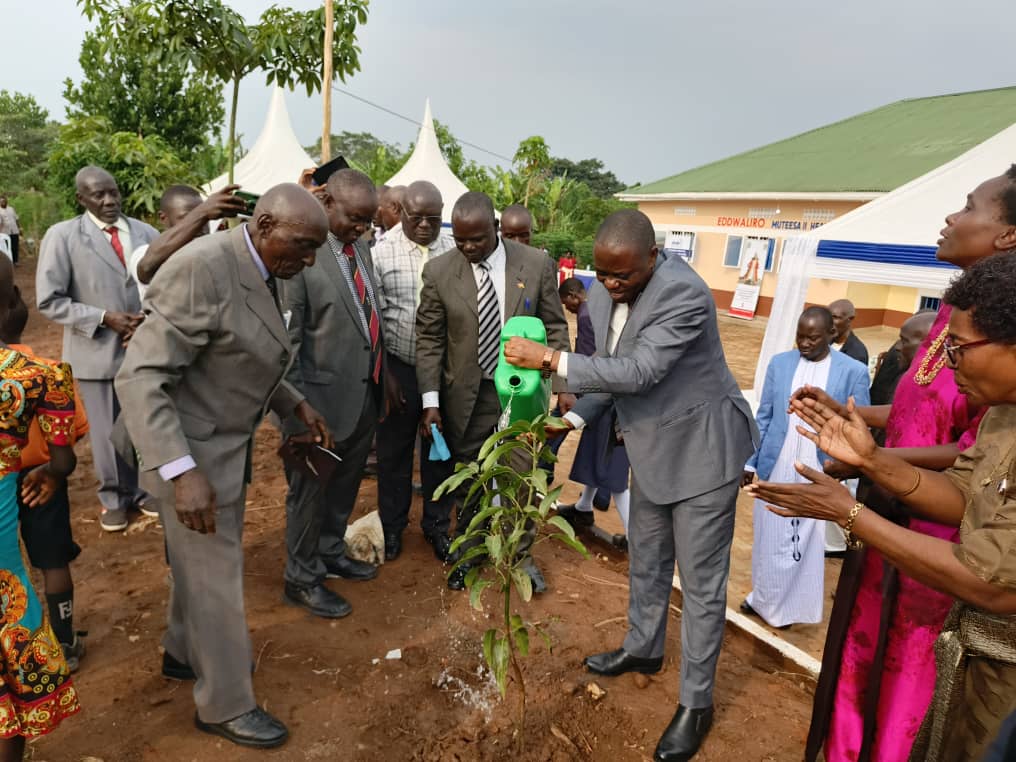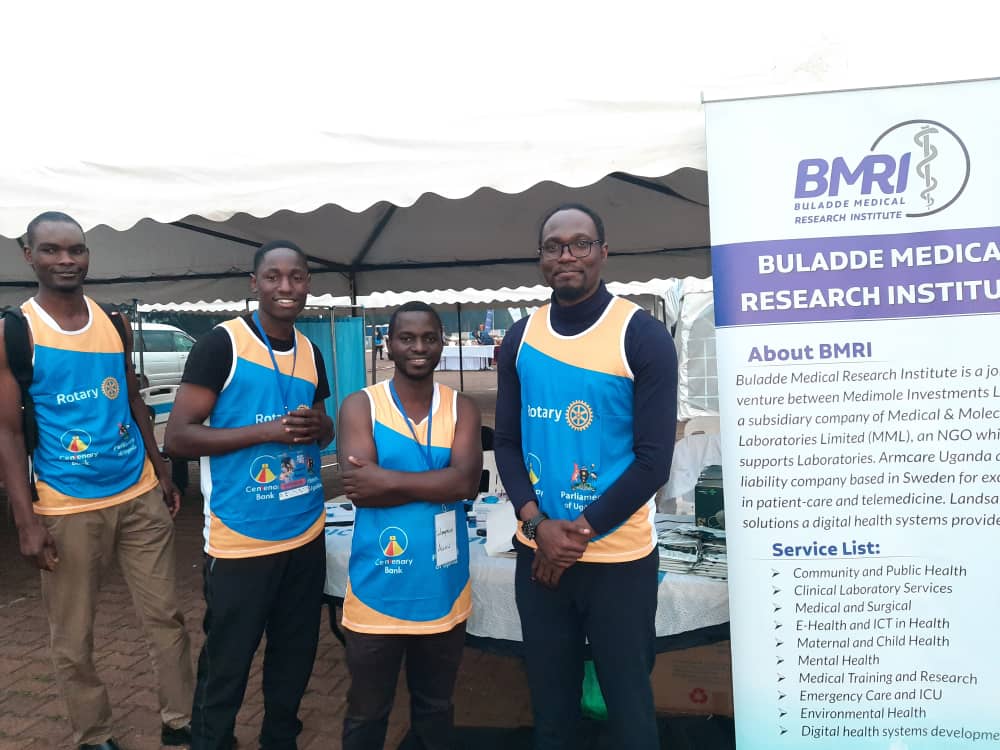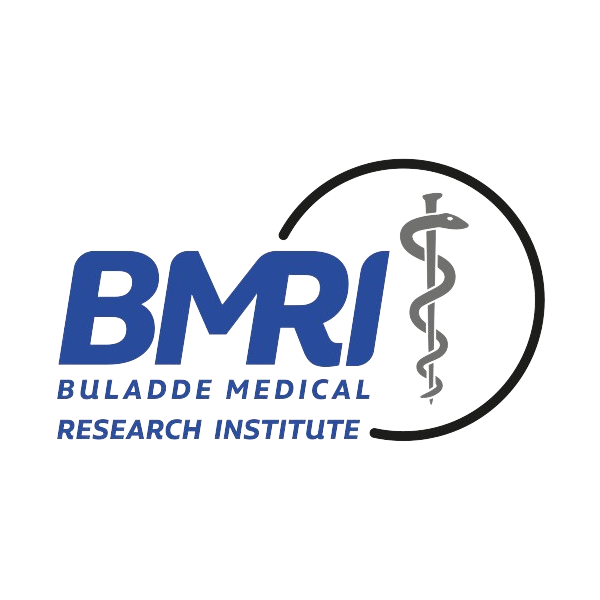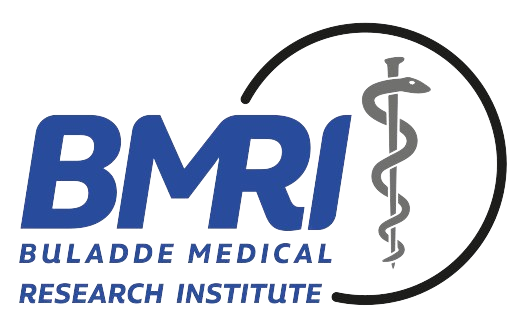
Establishment of Accredited Research & Service Laboratories
BMRI has set up internationally accredited research and diagnostic laboratories, ensuring high-quality medical testing and supporting scientific research in Uganda. These labs provide accurate disease diagnostics, aiding in patient treatment and research advancements.
Support for Quality Improvement in Healthcare
BMRI has actively contributed to raising healthcare standards in Uganda by supporting two internationally accredited laboratories. This effort has improved the accuracy of diagnostics, enhanced disease surveillance, and strengthened the overall healthcare system.


Hospital & Medical School Infrastructure Development
BMRI has played a key role in renovating hospital buildings and medical school facilities, creating better learning environments for medical students and improving healthcare service delivery in hospitals across the country.
Establishment of Biorepositories (Bio-Banks)
BMRI has developed biorepositories, which store biological samples for research and medical advancements. These biobanks are crucial for tracking disease progression, testing new treatments, and advancing genomic medicine in Uganda.


Graduate Student Training (Masters & PhD)
BMRI has supported the education and professional development of graduate students in Uganda, particularly in medical and health sciences. Our initiative has helped train master’s and PhD students in clinical research, epidemiology, and biomedical sciences, contributing to the country’s growing pool of medical experts.
International Collaborations for Research & Innovation
BMRI partners with global health organizations like WHO, NIH, CDC, EDCTP, and IOM to advance medical research, disease control, and healthcare innovation in Uganda. These collaborations support clinical trials, public health interventions, and capacity-building programs to strengthen the country’s health sector.


Introduction of Specialized Training Programs for Health Workers
BMRI has introduced specialized capacity-building programs for healthcare workers, including:
Public health response training for epidemiologists and frontline workers.
Infection prevention and control training.
Advanced diagnostics training for laboratory personnel.

